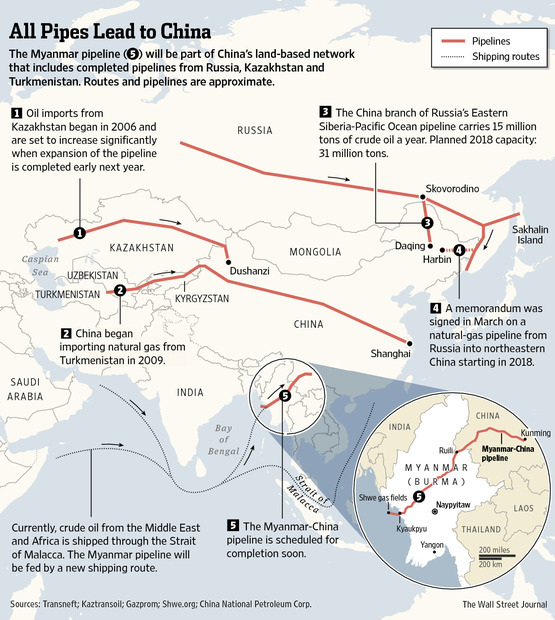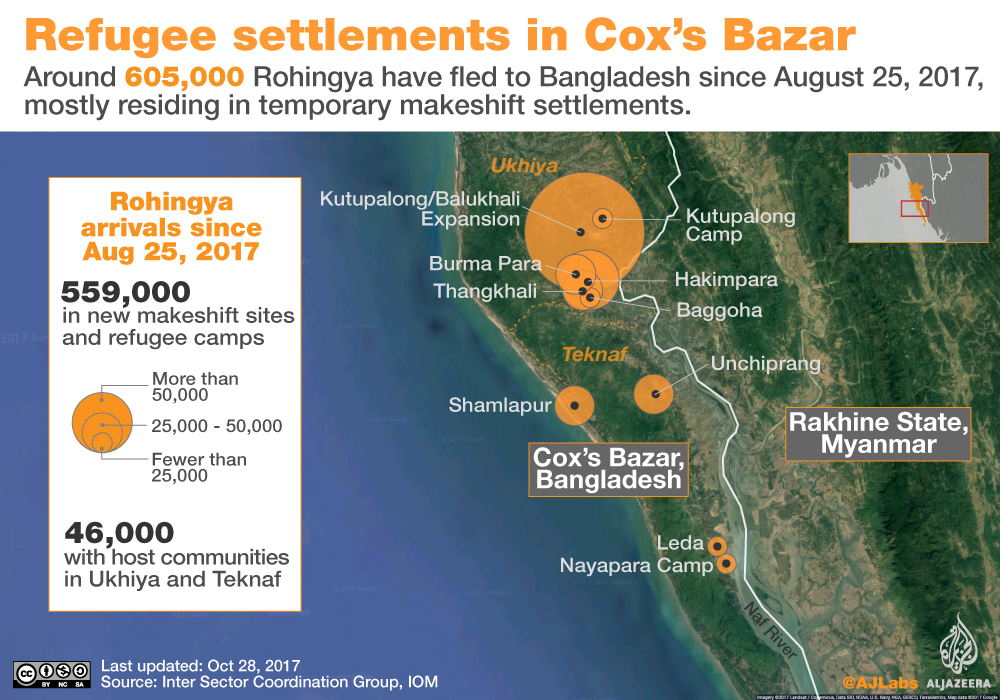Business Expansion & Investment in Asia and Oceania Regions
As your business grow, it is only natural that you’ll have to expand out of your country of origin. You may do so by setting up an office overseas. At Paul Hype Page & Co , we are a Singapore professional firm that focus on Asia and Oceania regions. We can assist in your business expansion or investment in these areas by providing our professional services from planning to execution and yearly compliance issues. Our Services range from Incorporation, Accounting, Legal, Human Resource and running your daily operation.
- Assess your Business Expansion and investment Goals
- Prepare a Business Plan outline all steps and align to your goal
- Agree on the scope of services we will perform and execute within the deadline
- Review the business with the client and perform yearly compliance engagement such as Audit
The Steps & Process
At Paul Hype Page & Co., we help you on every step of your way :- Step #1: Understand the requirements of Incorporating a (Country of your choice) eg : Hong Kong Company
- Step #2: FIll up the Incorporation Form and prepare the necessary document
- Step #3: Chose service package & scope of services required
- Step #4: Business Plan Preparation , Attached a sample of business plan we have from entrepass in the past

Setting up Business in Singapore
Paul Hype Page will guide and assist you in registering a company in Singapore.
Pre-Registration about company formation in Singapore
Click here if you are ready to setup your company in Singapore today.
Pre-Registration about company formation in Singapore
- Company Name. The name must be approved before incorporation of the Singapore company can occur.
- Directors. A minimum of one resident director (a resident is defined as a Singapore Citizen, a Singaporean Permanent Resident, or a person who has been issued an Entrepass, Employment Pass, or Dependent Pass) is mandatory. There is no limit on the number of additional local or foreign directors a Singapore Company can appoint. Directors must be at least 18 years of age and must not be bankrupt or convicted for any malpractice in the past. There is no requirement for the directors to also be shareholders, i.e. non-shareholders can be appointed directors.
- Shareholders. A Singapore private limited company can have a minimum of 1 and maximum of 50 shareholders. A director and shareholder can be the same or a different person. The shareholder can be a person or another legal entity such as another company or trust. 100% local or foreign shareholding is allowed. New shares can be issued or existing shares can be transferred to another person anytime after the Singapore company has gone through the incorporation process.
- Company Secretary. As per Section 171 of the Singapore Companies Act, every company must appoint a qualified company secretary within 6 months of its incorporation. It has to be noted that in case of a sole director/shareholder, the same person cannot act as the company secretary. The company secretary must be a natural person who is ordinarily resident in Singapore.
- Paid-up Capital. Minimum paid-up capital for registration of a Singapore company is S$1. Paid-up capital (also known as share capital) can be increased anytime after the incorporation of the company. There is no concept of Authorized Capital for Singapore companies.
- Registered Address. In order to register a Singapore company, you must provide a local Singapore address as the registered address of the company. The registered address must be a physical address (can be either a residential or commercial address) and cannot be a P.O. Box.
- Taxation. Singapore registered companies enjoy very attractive tax exemptions and incentives. Your company pays less than 9% for the first S$300,000 annual profits and 17% flat after that. There are no capital gains or dividend taxes on Singapore companies. Excellent tax benefits and business reputation of Singapore are the key reasons why entrepreneurs from around the world prefer to form a company in Singapore.
Click here if you are ready to setup your company in Singapore today.

Setting up Business in Malaysia
Malaysia is one of the strongest economies in South East Asia and shows an annual growth rate of 6.5%. It provides tax benefits and complete ownership of businesses to all foreign directors. Company registration is also fairly easy and inexpensive. Once an entrepreneur or an investor has targeted Malaysia as the ideal country to start a new business, setting up the business itself is the next step:
*Company Secretary in Malaysia is important for registration purposes.
Based on the type of venture, the paid up capital and the work permit application, there are three major types of companies which foreigners can set up in Malaysia:
*Company Secretary in Malaysia is important for registration purposes.
Based on the type of venture, the paid up capital and the work permit application, there are three major types of companies which foreigners can set up in Malaysia:
- 100% Foreign Owned Company: Such companies are entirely owned and controlled by foreign directors. The business concept should be unique, beneficial to the Malaysia’s economy and employment and has to be approved under the 100% foreign owned structure principle. The minimum paid up capital requirement is RM500000 for advisory and consultancy businesses and RM1 million for import, export, restaurant and trading businesses.
- Joint Venture with Malaysian Partner: For such companies, a minimum of 50% control over the venture is maintained by the foreign directors. The other half is owned by Malaysian investors and trading partners. A minimum authorized capital of RM500000 and paid up capital of RM350000 is required.
- Private Company Limited by Shares: Foreigners are only allowed to establish a private company limited by shares. No sole proprietorship or any guarantee limited is allowed. Under the Company Act 1965, such company shall have a minimum of 2 directors and 2 shareholders and the capital structure will be upon the directors’ decision of setting up a fully owned or a jointly owned entity. The suffix “Sendirian Berhad” (Sdn Bhd), which translates to “limited liability” in Malay, shall be added to the name of such companies.
Malaysia is one of the strongest economies in South East Asia and shows an annual growth rate of 6.5%. It provides tax benefits and complete ownership of businesses to all foreign directors. Company registration is also fairly easy and inexpensive. Once an entrepreneur or an investor has targeted Malaysia as the ideal country to start a new business, setting up the business itself is the next step:
*Company Secretary in Malaysia is important for registration purposes.
Based on the type of venture, the paid up capital and the work permit application, there are three major types of companies which foreigners can set up in Malaysia:
*Company Secretary in Malaysia is important for registration purposes.
Based on the type of venture, the paid up capital and the work permit application, there are three major types of companies which foreigners can set up in Malaysia:
- 100% Foreign Owned Company: Such companies are entirely owned and controlled by foreign directors. The business concept should be unique, beneficial to the Malaysia’s economy and employment and has to be approved under the 100% foreign owned structure principle. The minimum paid up capital requirement is RM500000 for advisory and consultancy businesses and RM1 million for import, export, restaurant and trading businesses.
- Joint Venture with Malaysian Partner: For such companies, a minimum of 50% control over the venture is maintained by the foreign directors. The other half is owned by Malaysian investors and trading partners. A minimum authorized capital of RM500000 and paid up capital of RM350000 is required.
- Private Company Limited by Shares: Foreigners are only allowed to establish a private company limited by shares. No sole proprietorship or any guarantee limited is allowed. Under the Company Act 1965, such company shall have a minimum of 2 directors and 2 shareholders and the capital structure will be upon the directors’ decision of setting up a fully owned or a jointly owned entity. The suffix “Sendirian Berhad” (Sdn Bhd), which translates to “limited liability” in Malay, shall be added to the name of such companies.

Setting up Business in Myanmar
For 100% foreigners own Company in Myanmar.
Please note that our fee do not include company registration charged by Myanmar authority : Kyats 1,000,000
*Company registration fees : Kyats 1,000,000.- to the Director General Office of Foreign Investment (you can have with official receipt)
*All the documents must be translated in English and endorsed by Myanmar Embassy in respective country.
Please note that our fee do not include company registration charged by Myanmar authority : Kyats 1,000,000
1) Services Company
- At least 2 persons to appoint as Director.
- Passport Copy (in English)
- Latest personal Bank Book copy.
- All documents must be translated in English and endorsed by Myanmar Embassy in Singapore if Singaporean; (for other passport Myanmar Embassy in respective country.
- To give the Company Name.
- Paid up capital USD 50,000,- ( can remit 25,000 and again 25,000 after open the Company account )
- Services charges USD 3,800 for Company in Corporation MOA , Form E( for Capital) ,Form IV (Director List), Form 26 and Bank account opening .Company registration fees : Kyats 1,000,000.- to the Director General
- Office of Foreign Investment (you can have with official receipt)
2) Industrial Business Investment , Tourism Business
- At least 2 persons to appoint as Director.
- Passport Copy (in English)
- Latest personal Bank Book copy.
- All documents must be translated in English and endorsed by Myanmar Embassy in Singapore if Singaporean; (for other passport Myanmar Embassy in respective country.
- To give the Company Name.
- Paid up capital USD 150,000,- ( can remit 75,000 and again 75,000 after open the Company account )
- Services charges USD 4500 for Company in Corporation MOA , Form E( for Capital) ,Form IV (Director List), Form 26 and Bank account opening .
*Company registration fees : Kyats 1,000,000.- to the Director General Office of Foreign Investment (you can have with official receipt)
If the Myanmar Company is owned under Main Foreign Company
- Need Foreign Company Incorporation Certificates, Director List, MOA,
- Company latest Bank position copy,
- 2 years Audited report of Company Financial Accounts. copy
- Passport copy of Directors.
*All the documents must be translated in English and endorsed by Myanmar Embassy in respective country.


















